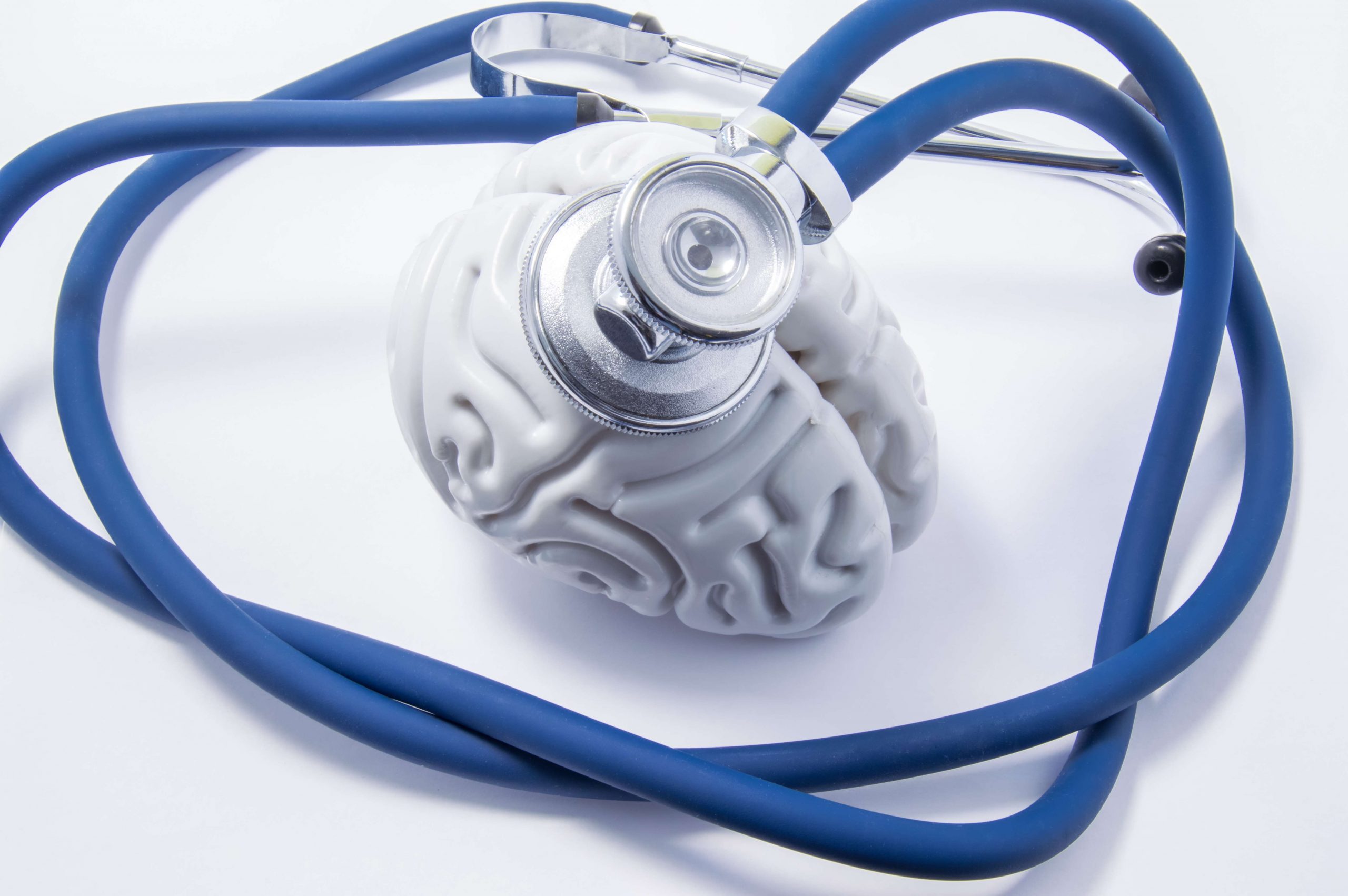Because toxic alcohol poisoning may cause potentially irreversible damage in a time-dependent fashion, prompt diagnosis and treatment are crucial (2). Though we lack immediate testing for the toxic alcohols, there are useful laboratory clues that can help clinicians quickly zero in on the most likely toxic agent. Those clues include the osmol gap, the anion gap, and the patient’s acid-base status. This article will review the pathophysiology of these intoxications, the clinical presentations, the laboratory workup, and the treatment of toxic alcohol ingestions. This paper will also discuss the limitations of the emergency department workup and how the absence of particular laboratory findings does not necessarily rule out the diagnosis.
Alcohol poisoning happens when you drink too much alcohol too fast. Below we’ll explore some of the factors that can contribute to alcohol poisoning and how long you’ll feel the effects. The time it takes alcohol to both have an impact and subsequently leave your system can depend on many factors, such as your weight and how many drinks you’ve had within a given time. By Rod Brouhard, EMT-P
Rod Brouhard is an emergency medical technician paramedic (EMT-P), journalist, educator, and advocate for emergency medical service providers and patients.
Effective treatments for addiction exist. We just need to use them.
One potential danger of alcohol overdose is choking on one’s own vomit. Alcohol at very high levels can hinder signals in the brain that control automatic responses, such as the gag reflex. With no gag reflex, a person who drinks to the point of passing out is in danger of choking alcohol overdose on their vomit and dying from a lack of oxygen (i.e., asphyxiation). Even if the person survives, an alcohol overdose like this can lead to long-lasting brain damage. As blood alcohol concentration (BAC) increases, so does the effect of alcohol—as well as the risk of harm.
If you or your friend are under the legal drinking age, you might be worried about the legal consequences. But alcohol poisoning is so serious, that not calling 911 could result in death. In any case, it’s unlikely that the paramedics or hospital team will call the police. Most states have Good Samaritan laws, which allow people to call 911 without fear of arrest if they’re having a drug or alcohol overdose or see someone else who is overdosing. Treatment for alcohol intoxication, poisoning, and overdose typically takes place in the emergency care setting and is supportive, which means it is designed to help manage symptoms and avoid complications. Emergency medical staff will take steps to ensure a person’s medical stability and safety to help them recover and survive.
Is There Medication for Alcohol Poisoning?
Alcohol poisoning happens when there’s too much alcohol in your blood, causing parts of your brain to shut down. BAC and the number of drinks you consume are very rough indicators of impairment. Alcohol intoxication can vary by tolerance (meaning whether your body is accustomed to the presence of alcohol through repeated use), your gender, body weight, body fat percentage, and other factors. But Jeneen Interlandi, a member of the editorial board, believes we have effective tools to address this public health crisis. In this audio essay, she argues that Americans need to view addiction as a chronic health condition, and treat it as such.

There are effective pharmacologic and psychosocial treatments for AUD that can be delivered in an outpatient setting, which can increase access to evidence-based treatment for individuals with AUD. Because primary care may lend itself to long-term, continuous relationships, this treatment setting lends itself well to managing AUD, a chronic health condition, because it allows for ongoing follow-up. Some medications can help patients quit drinking, treat alcohol withdrawal symptoms (as mentioned above), and prevent relapse. Patients may also receive different medications while in the care of an addiction treatment professional to help address symptoms of co-occurring disorders if necessary. It is dangerous to assume that an unconscious person will be fine by sleeping it off.
Statistics on Alcohol Poisoning
Alcohol poisoning is usually recognized at a critical stage when urgent medical attention is needed. Survival is possible if immediate medical care is provided, but death or permanent disability can result without treatment. Death and permanent brain damage from alcohol are possible.1 If you suspect a person is experiencing an alcohol overdose, call 911 immediately, even if they are not exhibiting all the signs and symptoms above. EG is metabolized in a 2-step process by ADH and aldehyde dehydrogenase with first-order kinetics.


